Education is known as the most powerful weapon that has the ability to change the world. In a significant step towards treating school education holistically without segmentation from pre-nursery to Class 12, Samagra Shiksha, an overarching programme was launched in 2018 by subsuming the erstwhile Centrally Sponsored Schemes of Sarva Shiksha Abhiyan (SSA), Rashtriya Madhyamik Shiksha Abhiyan (RMSA) and Teacher Education (TE).
In recent developments, the Union Cabinet chaired by Prime Minister Narendra Modi has given its approval for the continuation of the revised Samagra Shiksha Scheme for a period of five years, from 2021-22 to 2025-26 with a total financial outlay of Rs.2,94,283 crore which includes Rs.1,85,398 crore as Central share.
The scheme has been launched with the broader goal of improving school effectiveness, which is measured in terms of equal opportunities and equitable learning outcomes. The scheme covers 1.16 million schools, over 156 million students and 5.7 million Teachers of Government and Aided schools (from pre-primary to senior secondary level).
The scheme to strengthen schools
With the view to treat school education holistically in a continuous spectrum from Preschool to 12th Class, an all-inclusive, integrated scheme, Samagra Shiksha Programme aligns with the Sustainable Development Goal for Education (SDG-4). The Samagra Shiksha aligns with the recommendations of National Education Policy 2020 which ensures that all children have access to quality education with an equitable and inclusive classroom environment that takes care of children’s diverse backgrounds, multilingual needs, and different academic abilities. The Scheme aims to universalize access to school education while promoting equity through the incorporation and active participation of disadvantaged groups and weaker sections, and further, improving the quality of education across all levels of school education.
The Major interventions proposed under the scheme are includes:
– Universal Access to Education including Infrastructure Development and Retention
– Foundational Literacy and Numeracy
– Gender and Equity
– Quality and Innovation
– Financial support for Teachers’ Salary
– Digital initiatives
– Vocational Education
– Sports and Physical Education
– Strengthening of Teacher Education and Training
New Interventions in Samagra Shiksha programme
In the revamped Samagra Shiksha programme, various new interventions have been incorporated to enhance the direct outreach to school-going children. Among these, provision of up to Rs 500 per child for Teaching Learning Materials (TLM), indigenous toys and games, play-based activities per annum for pre-primary sections in Government Schools has been added. Further, NIPUN Bharat, a National Mission on Foundational Literacy and Numeracy has been extended to ensure that every child achieves the desired learning competencies in reading, writing and numeracy at the end of 3rd grade. Incinerator and sanitary pad vending machines in all girls’ hostels; training for 3 months for inculcating self-defence skills under ‘Rani Laxmibai Atma Raksha Prashikshan’; additional Sports grant of up to Rs. 25,000 to schools in case at least 2 students of that school win a medal in Khelo India school games at the National level, are among other interventions that have been included in the scheme.
Major Objectives of the scheme:
The scheme which aims to provide universal access to school education to all includes some major objectives to extend support to States and Union territories:
- Implementing the recommendations of the National Education Policy 2020
- Implementation of Right of Children to Free and Compulsory Education (RTE) Act, 2009
- Early Childhood Care and Education
- Emphasis on Foundational Literacy and Numeracy
- Emphasis on activity-based Curriculum and Pedagogy to impart 21st-century skills to the students
- Bridging Social and Gender Gaps in School Education
- Strengthening and up-gradation of State Councils for Educational Research and Training (SCERTs)/State Institutes of Education and District Institutes for Education and Training (DIET) as the nodal agency for teacher training
- Ensuring a safe, secure and conducive learning environment and maintenance of standards in schooling provisions
Achieving an all-inclusive holistic system
Enhancing the focus on improving the quality of education, from 2018-2021, 1,160 schools have been upgraded at Elementary, Secondary & Higher Secondary levels, 54 new residential schools/ hostels have been opened, 41,180 schools have been strengthened, 13.14 lakh schools have been provided sports equipment facility, 12,633 schools have been covered under ICT & Digital initiatives, 5,579 schools have been covered under vocational education, 11,562 separate girls toilets have been constructed.

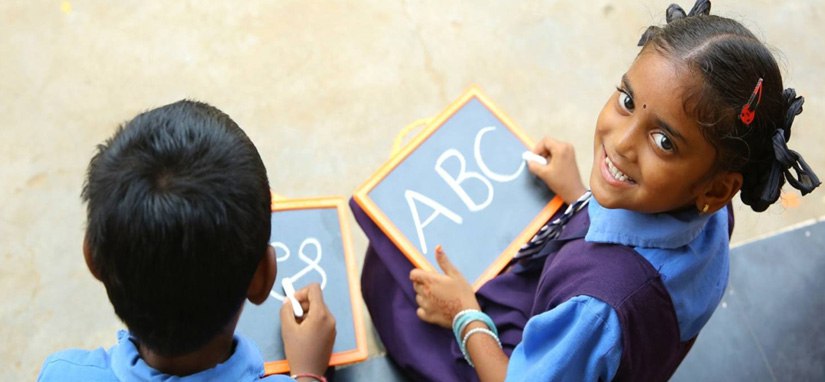


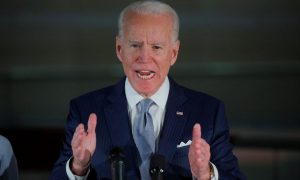

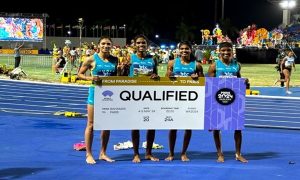







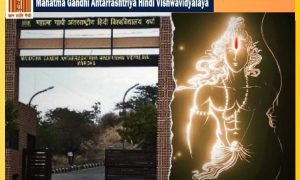



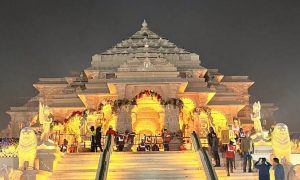

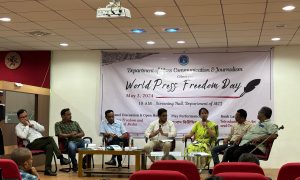





 WhatsApp us
WhatsApp us